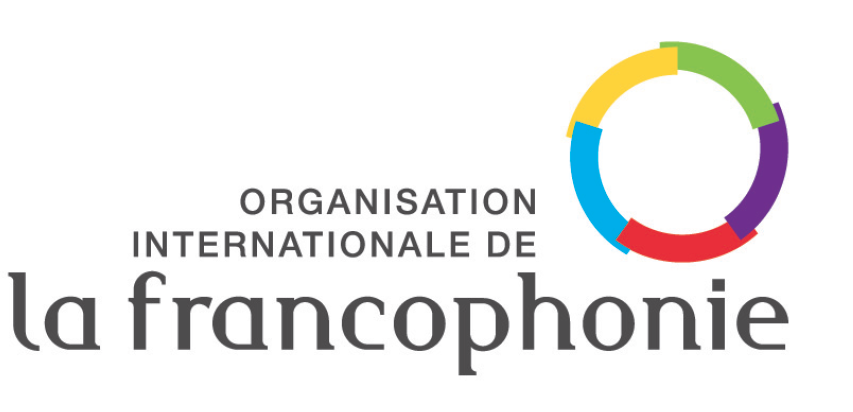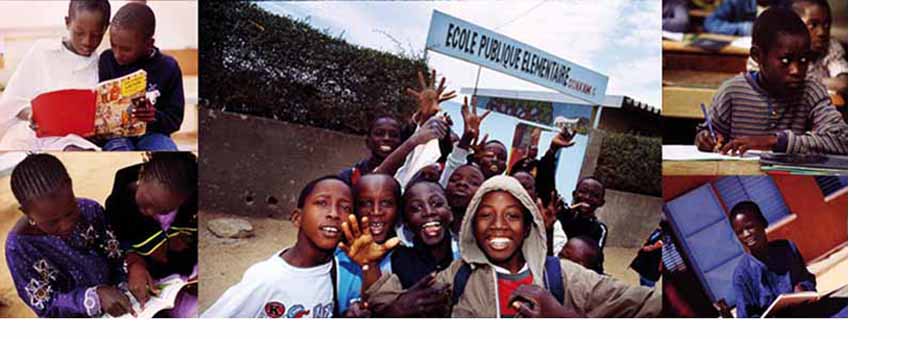Frequently Asked Questions
- What is the ELAN-Africa Initiative?
- Why set up ELAN?
- What are the benefits of bilingual education?
- Why did you wait so long before setting up this initiative?
- What are the expectations of the beneficiary countries?
- How were the CSI and pool experts selected?
- After ELAN?
- What is the ELAN-Africa Initiative?
- Why set up ELAN?
- What are the benefits of bilingual education?
- Why did you wait so long before setting up this initiative?
- What are the expectations of the beneficiary countries?
- How were the CSI and pool experts selected?
- After ELAN?
ELAN (“National Schools and Languages”) is an initiative from eight French-speaking African countries (Benin, Burkina Faso, Burundi, Cameroon, Mali, Niger, Democratic Republic of Congo, Senegal) and four institutions (AFD, AUF, MAEE, OIF), aiming to promote bilingual primary education in Africa articulating an African language and the French language. Each country having a different linguistic situation, the objective of ELAN aims to support in a differentiated way the national action plans of the countries aiming the progressive introduction of bilingual education (linguistic planning, experimentation, training of trainers, production of teaching materials…).
International project management for the initiative is provided by the OIF. The organization is presented in the project presentation document .
As African countries seek to promote the quality of education, there is an urgent need to find effective responses to the problem of still massive failure to attend school which results in high repetition and dropout rates.
The access of all children to quality primary education in French-speaking sub-Saharan Africa has so far been hampered, especially for the majority rural populations, among other factors, by the difficulty of acquiring the French language , medium teaching from the first year of teaching. The deployment of bi-multilingual school education articulating African national languages and the French language shows the effectiveness of teaching in a language understood by learners, in particular for the first apprenticeships, which are decisive for the success of schooling. But such a deployment presupposes arigorous planning, thoughtful linguistic planning, the production of quality teaching materials, solid training for teachers and their supervision, as well as effective monitoring and evaluation. ELAN provides a response to its needs, while taking into account the diversity of situations encountered in the countries.
The benefits of bilingual education are multiple: pedagogical, linguistic, cognitive, socio-political and cultural.
On the pedagolinguistic level, researchers recognize that starting to learn basic skills (reading, writing and arithmetic) in the child's first language (or at least in a language that he understands) promotes mastery of the language. second.
Cognitively, research carried out on bilingual education shows that the academic skills acquired in the learner's first language can facilitate the acquisition of other lessons in the second language.
On the socio-political and cultural level, the teaching of national languages is a political decision, which can lead to significant social and cultural changes. In addition, on the cultural level, bilingual education promotes both a knowledge of the culture of the country, a richness of a national identity, and an openness to the international thanks to a good knowledge of the international language.
The issue of introducing national languages into schooling is complex: it presupposes long-term political will, action plans for the corresponding funding, information for families and a process of consultation with stakeholders. In addition, it requires a long work of linguistic planning to deal with the question of the choice of varieties of teaching languages, and of the instrumentalization of the languages selected ...
In addition, long didactic research was and continues to be necessary to make bilingual education effective. A well-structured monitoring and evaluation system is also essential to identify difficulties and remedy them.
The 8 countries all wish to improve the quality of learning, which is essential to ensure sustainable literacy of children.
The international experts making up the international scientific committee and the pool were selected in a transparent manner, according to a call for applications procedure followed by a careful examination of the CVs and experiences of the candidates. ELAN experts all have proven qualifications and skills in the field of African language teaching and French.
The ELAN action plans of the 8 countries must be integrated into the national sector plans in favor of education for all at the end of the 3 years of the project, because ELAN is an initiative which aims at a "leverage effect" for create the conditions for the deployment of bilingual education in the countries (within the framework of national action plans and budgets devoted to training, pedagogical supervision and teaching materials and textbooks, etc.) ...





